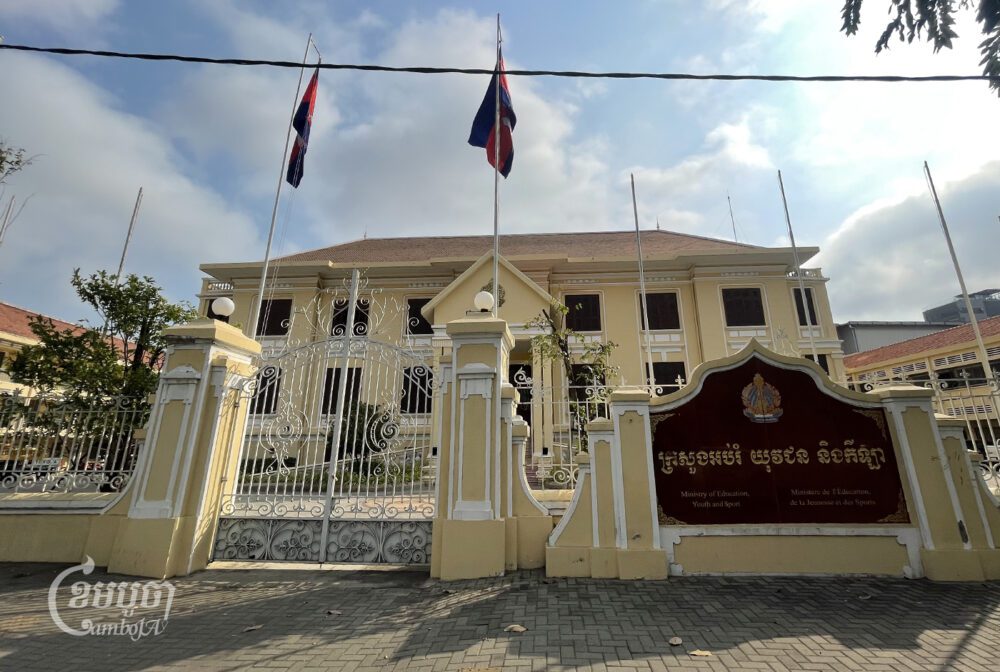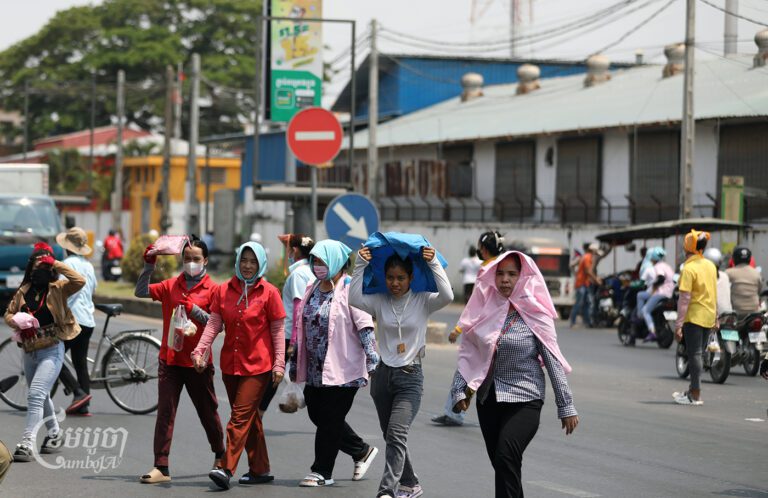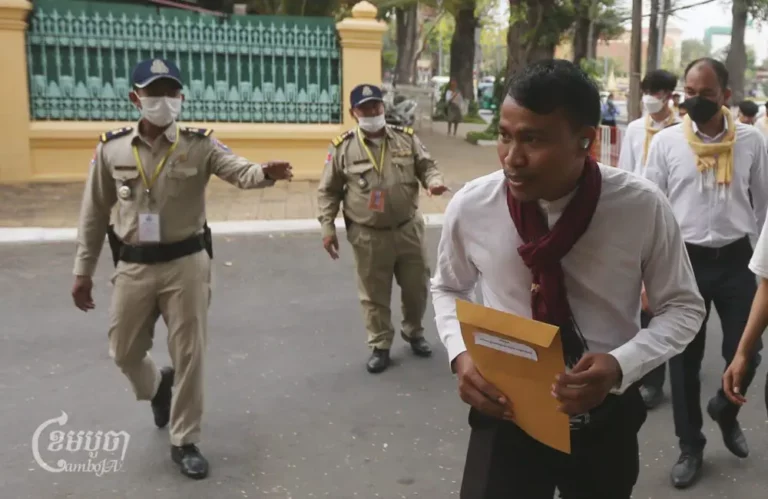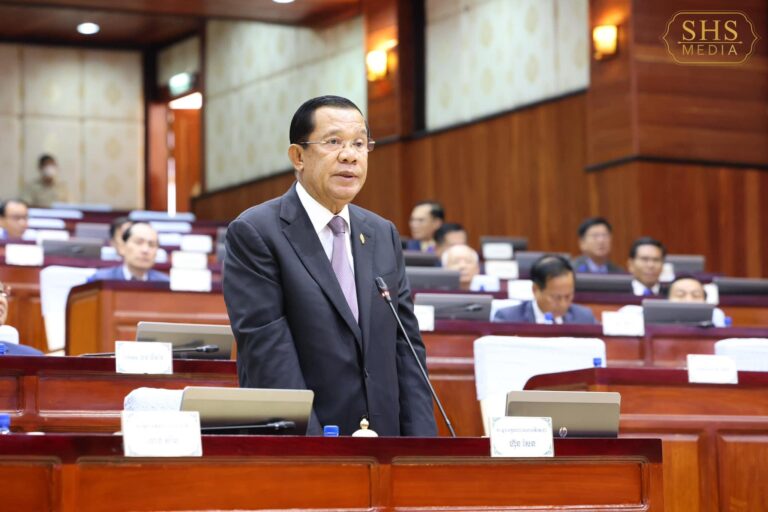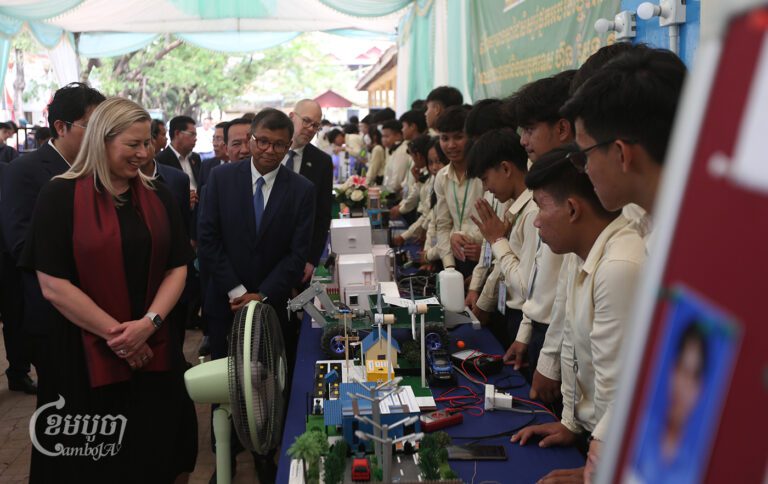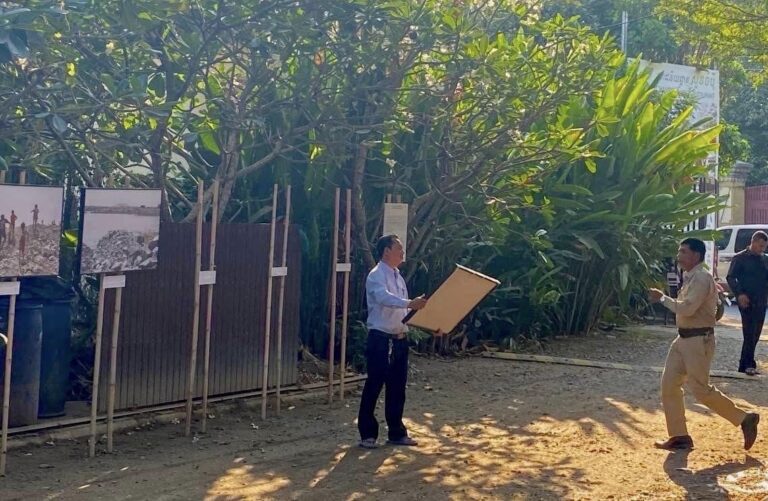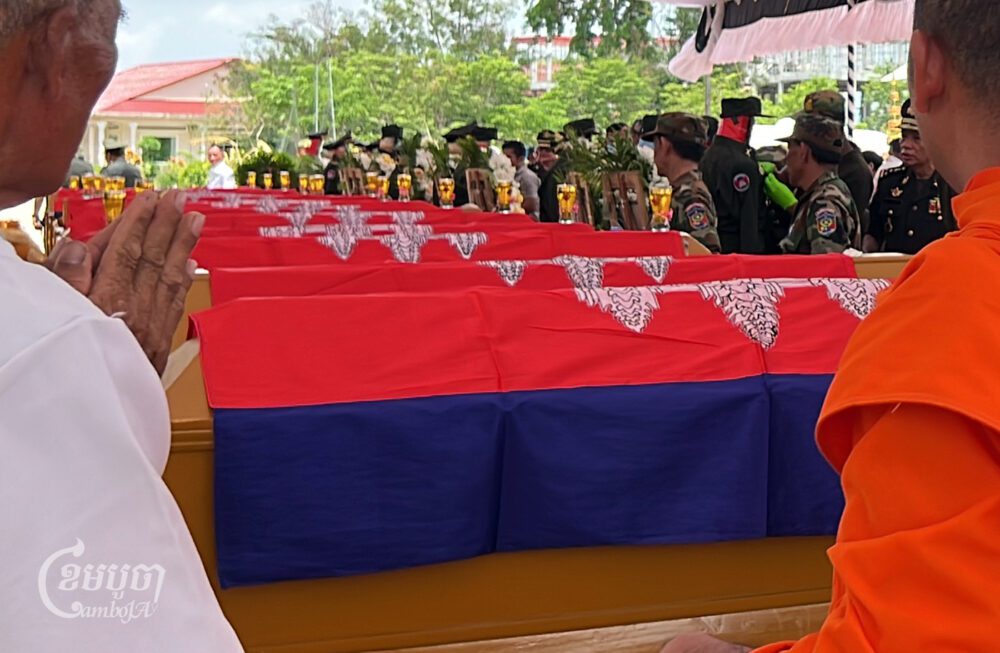A working group representing 19 civil society organizations is urging the Cambodian government to increase funding for education, health and social protection in response to the 2024 budget approved by the National Assembly.
The CSO Budget Working Group, formed in the early 2000s, works to advocate for transparency and accountability in the government’s financial management. In a January report, the group argues that increased funding, as well as enhanced services, in education, health and social programs will promote sustainable development.
The National Assembly approved the 2024 national budget on November 16, with an annual budget of $9.1 billion, a 5.3% decrease from 2023. The total expected state revenue is only $8 billion dollars, creating a budget deficit of 12.39%. The government states that its strategic priorities for the annual budget are strengthening healthcare services, expanding vocational skills for marginalized groups, establishing social assistance programs for vulnerable families and developing the informal economy through financial support.
Despite the government’s public commitment to improve education, health and social affairs, the CSO group says the new budget does not adequately increase funding in these areas.
The group highlights a reduction in the health budget for 2024, which it states goes against the government’s commitments and declared strategic priority on strengthening healthcare services. The health budget for 2024 is $52.25 million less than 2023. At $656 million, this year’s health budget indicates that the government has yet to meet its $745 million target set in the 2016-2020 Health Strategy Plan.
Due to the national government cutting spending toward health, the group recommends that local officials such as commune chiefs work to allocate funds available at the local level toward health facilities and services.
Health Ministry spokesperson Ly Sovann did not respond to a request for comment.
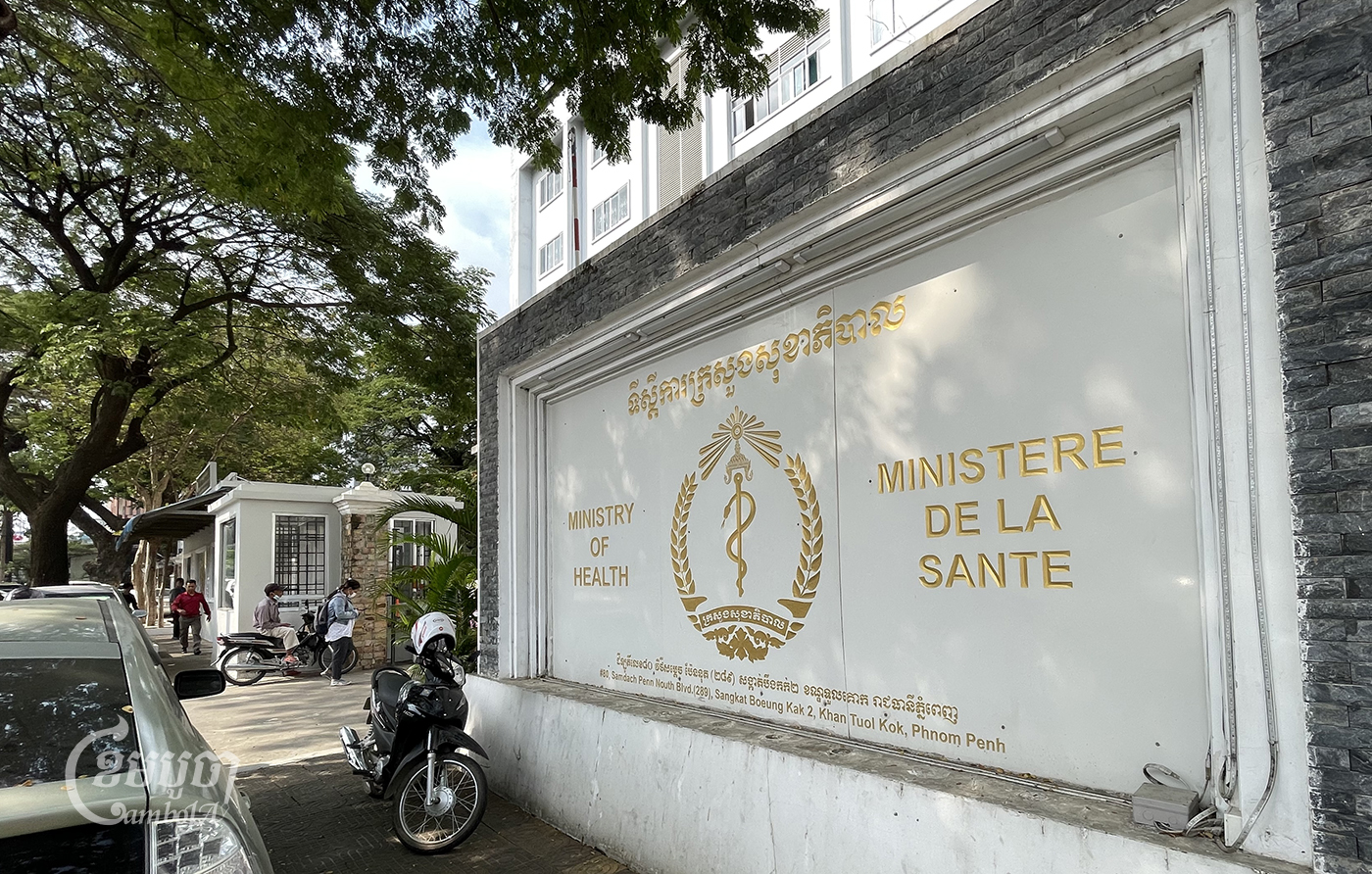
The percent of national expenditure for education did increase from 10.19% in 2023 to 11.75% this year. But the published recommendations note that the amount is still well below the government’s 2019-2023 Education Strategic Plan, which set an aim of education funding making up 19.1% of the national budget by 2023. The CSO group wants the government to commit to gradually increasing education funding to 20% of the national expenditure, as pledged in 2021.
Aside from budget recommendations, the working group suggests that the government work to reduce the disparity between private and public schools, with more investment going to rural schools. Part of the budget should go toward renovations, infrastructure and technology in schools, the group argues, and more funding should go toward teacher training. In addition, the group calls for the government to follow through on its commitment to ensure all children receive a “nine-year fundamental education,” with additional support for poor, disabled and vulnerable children.
The Education Ministry spokesperson Khuon Vichheka did not provide a direct response to CamboJA News regarding the recommendations in the report.
“The development of human capital is a key government priority in achieving the government’s strategic plan of becoming a developed country by 2050. To attain this, the government will provide the budget to implement the education sector,” she wrote in a Telegram message.
She also noted that the education budget is nearly triple what it was 10 years ago, going from around $319 million in 2014 to $981 million.
The budget for the Social Affairs Ministry did significantly increase, from $367 million in 2023 to $569 million in 2024. This reflects an increase in the percentage of the national expenditure going toward this ministry, from 4.01% to 6.71%.
The recommendations for the government’s social protection programs include expanding protection to vulnerable groups such as those working in the informal economy, small business owners, smallholder farmers, older people, indigenous groups and disabled people. The government should expand the budget and coverage of social security as well as establish nursing home support, the group states. The CSO working group also calls for the government to legally mandate the release of financial and auditing reports of the National Social Security Fund and the National Social Assistance Fund to the public.
Social Affairs Ministry spokesperson Touch Channy said every year the national budget for the ministry is not enough to serve all vulnerable populations, but can assist targeted groups of people.
“The needs of the people are a lot,” he said, adding that the ministry can only do so much with the limited funding it is provided.
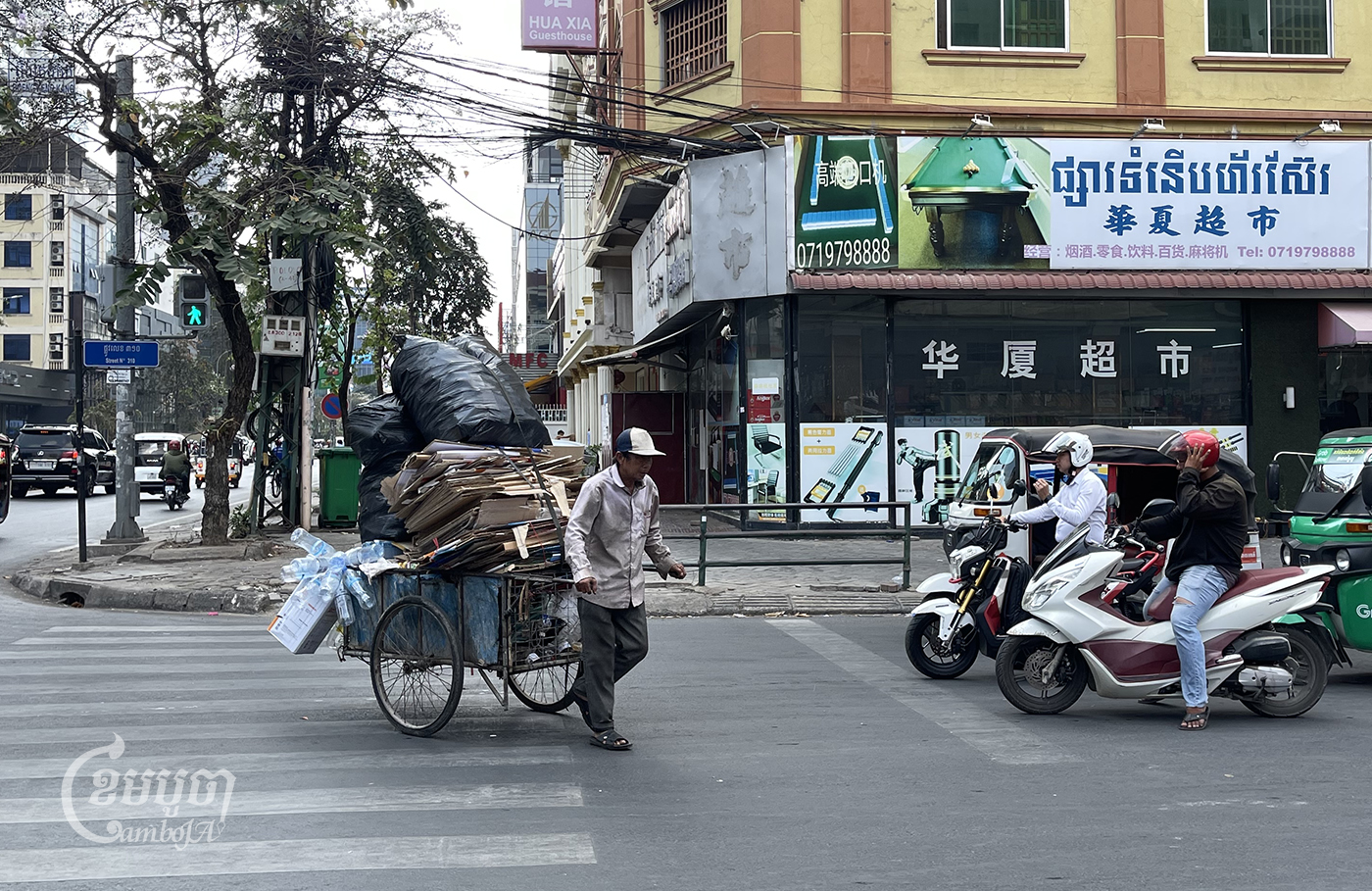
Ministry of Economy and Finance spokesperson Kim Pheakdey did not respond to questions sent by CamboJA News.
Pech Pisey, executive director of Transparency International Cambodia, one of NGOs involved in the CSO working group, said the government should invest more toward healthcare, education and social assistance programs to help vulnerable populations. He added that, central to carrying out these reforms, “it is absolutely necessary for the government to tackle widespread corruption systematically and structurally.”
Lam Socheat, director of the Advocacy and Policy Institute, another organization involved in the working group, said civil society organizations want to see more funding going toward education and health, because these sectors that directly help people cannot sufficiently serve the people’s needs at the moment.
“There are health centers but not enough doctors and not enough medicine,” he said, adding that “schools do not have enough materials for students, do not have libraries for students and lack learning and teaching materials.”


